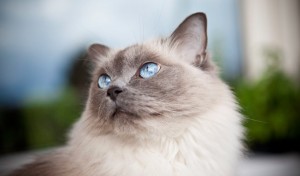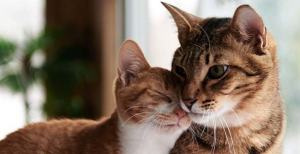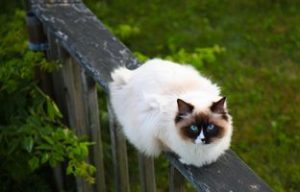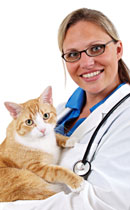Dr. Jennifer Creed is an alumnus of the University of Illinois College of Veterinary Medicine. A practicing veterinarian, Dr. Jennifer Creed has a professional interest in feline medicine and particular experience with the Ragdoll breed.
With captivating blue eyes, ragdolls are large, semi-longhaired cats with a laid-back temperament. The body of the cat is lighter than the tails, legs, ears, and face, meaning they are a pointed breed. Females of this breed typically weigh around 10 to 15 pounds, and males weigh up to 15 or 20 pounds once they mature. Because Ragdolls are slow-maturing, their coats do not show full color until they are at least 2 years old.
Ragdolls have been known to show more interest in humans than other breeds of cats. Ragdolls are known to meet their owners at the door and follow them through the house. As they are on the gentler side, they don’t usually play with their claws, making them a good choice as a family cat.



